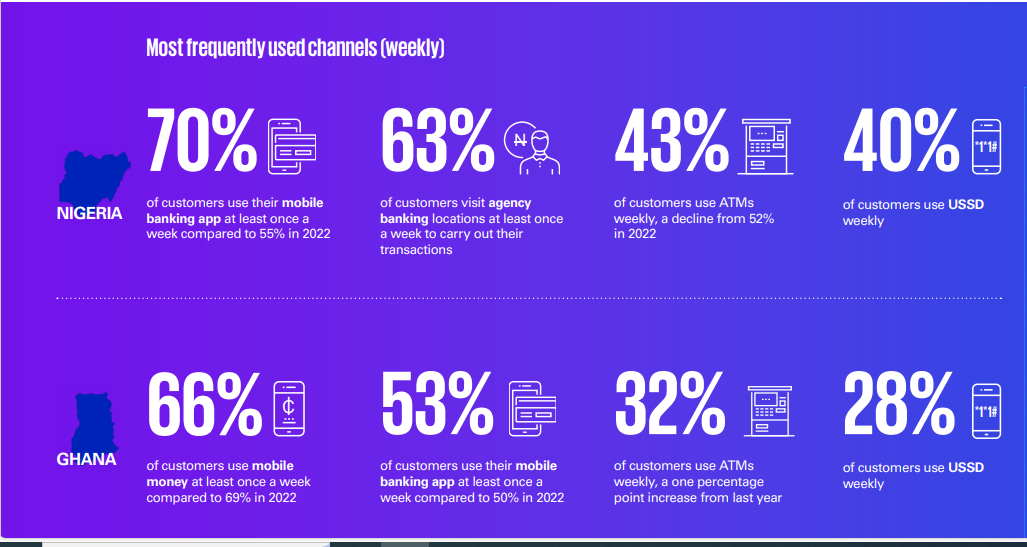
Edward Asuo Afram
The Ghana Statistical Service (GSS), in partnership with the Ministry of Food and Agriculture (MOFA), has officially launched a survey to assess Phase 2 of the Planting for Food and Jobs (PFJ) initiative.
The Ghana Core Agriculture and Production Methods and Environment (CorePME) survey, which is part of the broader Ghana Core Agriculture Surveys (GCAS ), aims to gather critical data that will support informed decision-making in the agricultural sector, ensuring sustainable growth and development.
Fieldwork for the survey is scheduled to take place from February 3 to March 20, 2025, utilizing Computer-Assisted Personal Interviews (CAPI) to enhance efficiency and accuracy in data collection.
Acting Deputy Government Statistician for Economic Statistics and Data Science, Edward Asuo Afram, stated that the survey aims to provide reliable and up-to-date information on agricultural production and farming practices.

This information will support evidence-based policymaking, enhance food security, and promote sustainable agriculture.
Additionally, the survey will contribute to the baseline impact assessment of Phase 2 of the PFJ initiative and provide data for Sustainable Development Goal (SDG) 2.4.1, which measures the proportion of agricultural area under productive and sustainable practices that improve resilience to climate shocks.
Mr. Asuo Afram emphasized that the primary objective of the survey is to produce reliable benchmark data for the agricultural sector, address data gaps, and guide evidence-based decision-making.
“It will assess the impact of PFJ 2.0 while providing insights into the environmental, social, and economic sustainability of farming practices. Furthermore, it will contribute to greenhouse gas (GHG) emission calculations related to agriculture,” he noted.
CorePME survey
The CorePME survey will yield official statistics on both household and non-household farms, ensuring high-quality agricultural data for policy development. It will estimate production levels for crops, vegetables, livestock, fish, aquaculture, forestry, and bushmeat consumption while also analyzing input usage such as labor, irrigation, and fertilizers.
Additionally, the survey will evaluate farm practices related to soil health and pollination.
Detailed estimates of crop, vegetable, and livestock production will be generated by type and region.
The survey will also assess fish and aquaculture productivity by type and location, alongside data on the consumption and sale of bushmeat, forestry products, and utility poles.
It will evaluate the impacts of deforestation and afforestation, determine the use of essential agricultural inputs, and analyze farm practices related to soil health and pollination methods.
Mr. Asuo Afram indicated that a total of 220 trained field officers will be deployed to collect data from agricultural households and institutions across selected Enumeration Areas (EAs) nationwide.
” The findings from this survey will offer crucial insights for policymakers and program developers to support farmers and agribusinesses.
Moreover, the survey will help track Ghana’s progress toward the Medium-Term Development Framework and Sustainable Development Goals (SDGs), particularly in relation to 12 out of the 17 SDGs,” he added.
By Prince Fiifi Yorke
The post GSS Launches Ghana Core Agriculture & PME Survey appeared first on DailyGuide Network.
Read Full Story






















Facebook
Twitter
Pinterest
Instagram
Google+
YouTube
LinkedIn
RSS